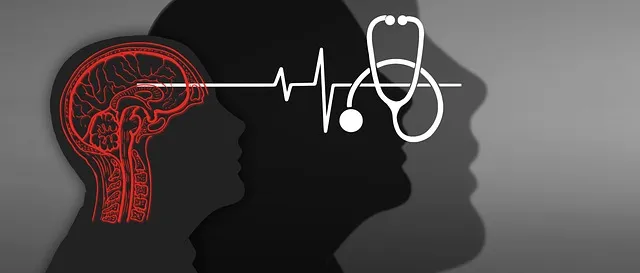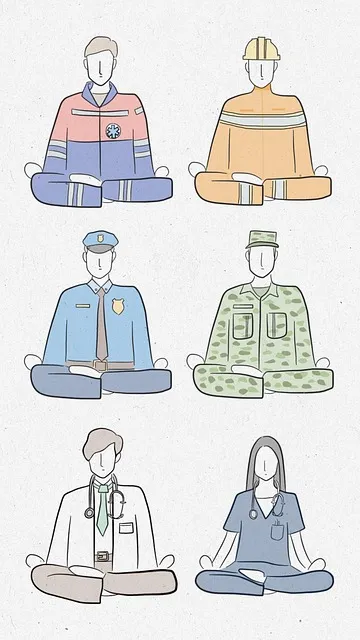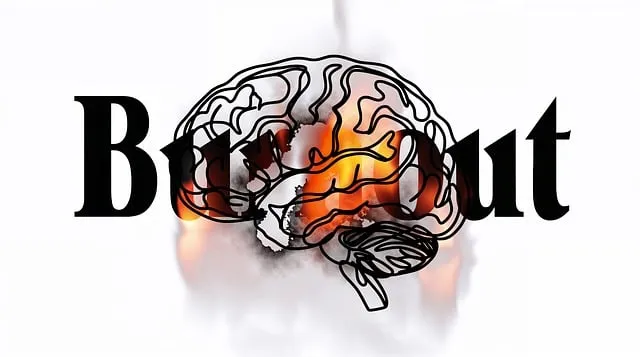Resilience is a cornerstone of mental well-being, and the Westminster Kaiser mental health classes excel in promoting it through their holistic approach. Using Risk Factor (RFM) analysis, these classes identify vulnerabilities and strengths to offer tailored interventions for anxiety relief and trauma support. Their combination of educational sessions and experiential exercises fosters self-awareness and emotional resilience. The program's community focus creates a safe space for sharing experiences and learning from peers, emphasizing that connection enhances resilience. With accessible techniques like mindfulness meditation and cognitive reframing, individuals can manage stress, anxiety, and depression more effectively, leading to improved mental health outcomes and stronger communities.
“Resilience is a powerful tool in navigating life’s challenges, and RFM (Recovery, Flexibility, and Mastery) exercises have emerged as an effective framework for building this mental fortitude. This article explores the intersection of resilience and mental well-being, highlighting the role of Westminster Kaiser mental health classes in teaching RFM techniques. We’ll delve into practical strategies for integrating these exercises into daily life, showcasing their benefits for emotional stability. Additionally, we offer solutions to common challenges, ensuring readers can enhance their RFM skills and thrive.”
- Understanding RFM and Its Role in Resilience Building
- The Westminster Kaiser Mental Health Classes: An Overview
- Integrating Resilience Exercises into Daily Life
- Benefits of Regular Practice for Emotional Well-being
- Strategies to Overcome Challenges and Enhance RFM Techniques
Understanding RFM and Its Role in Resilience Building

Resilience is a cornerstone of mental well-being, enabling individuals to bounce back from adversity and navigate life’s challenges with composure. Understanding Risk Factor (RFM) analysis is pivotal in fostering this resilience, especially within the context of mental health support. RFM is a structured framework that assesses an individual’s risk factors, protective factors, and coping mechanisms, providing valuable insights for tailored interventions. By identifying vulnerabilities and strengths, Westminster Kaiser mental health classes can offer targeted strategies to enhance resilience.
This approach is particularly relevant in addressing anxiety relief needs and trauma support services. The Risk Assessment for Mental Health Professionals guides practitioners in recognizing potential risks within their practice settings, enabling them to implement preventive measures. Through RFM analysis, professionals can tailor programs that go beyond mere symptom management, fostering long-term mental health stability and resilience among clients, including those seeking Anxiety Relief solutions.
The Westminster Kaiser Mental Health Classes: An Overview

The Westminster Kaiser Mental Health Classes are renowned for their holistic approach to well-being, offering a unique blend of educational sessions and experiential exercises designed to foster resilience and mental fortitude. These classes cater to a diverse range of individuals seeking to enhance their emotional health and coping mechanisms. Through interactive self-awareness exercises, participants engage in activities that promote introspection, helping them understand their thoughts and emotions better. This increased self-knowledge forms the cornerstone of building resilience, enabling folks to navigate life’s challenges with greater equanimity.
The program incorporates various strategies, including trauma support services and community outreach initiatives. By integrating these elements, the classes create a supportive environment where individuals can share experiences, gain insights from peers, and learn adaptive coping skills. This community-oriented approach not only enhances mental health but also cultivates a sense of belonging, emphasizing that resilience is strengthened through connection and mutual support.
Integrating Resilience Exercises into Daily Life

Integrating resilience exercises into daily life can be as simple as incorporating practices that promote mental health awareness and stress management. The Westminster Kaiser mental health classes offer a range of techniques, from mindfulness meditation to conflict resolution strategies, designed to enhance overall well-being. These activities are not just confined to the classroom; they can easily be adapted for use in personal routines. For instance, a few minutes of mindful breathing or journaling can significantly reduce stress levels throughout the day.
The development of mental wellness coaching programs focuses on building resilience by equipping individuals with tools to navigate life’s challenges. Techniques such as cognitive reframing and positive self-talk, taught in these programs, enable people to respond more adaptively to stressful situations. By regularly engaging in these exercises, individuals can foster a stronger sense of emotional control and resilience, leading to improved mental health outcomes.
Benefits of Regular Practice for Emotional Well-being

Regular practice of resilience-building exercises has been shown to significantly enhance emotional well-being, a key focus area for many individuals seeking mental health support and balance in today’s fast-paced world. These exercises, often taught through programs like Westminster Kaiser’s mental health classes, are designed to equip people with the tools needed to navigate stress, anxiety, and even depression more effectively. By consistently engaging in such activities, one can foster a sense of control over their emotional responses, leading to improved overall mental health.
The benefits extend beyond individual experiences; regular mental health education programs, including resilience training, can contribute to building stronger communities. When more people prioritize their mental wellness through these exercises, it creates a ripple effect that potentially reduces societal burdens related to mental health issues. This is especially relevant in the context of depression prevention, where proactive measures and accessible resources play a crucial role in creating a healthier environment for everyone.
Strategies to Overcome Challenges and Enhance RFM Techniques

In implementing RFM (Resilience, Flexibility, and Mastery) techniques, mental health professionals often face challenges ranging from client resistance to organizational barriers. To overcome these hurdles, tailoring approaches to individual needs and cultural contexts is crucial. For instance, incorporating Self-Awareness Exercises can enhance clients’ understanding of their emotional responses, fostering a sense of agency. This, in turn, promotes positive thinking and empowers individuals to manage stress more effectively.
The Westminster Kaiser mental health classes, for example, have successfully integrated these strategies through interactive workshops and group discussions. By encouraging open communication, these sessions facilitate the exchange of diverse perspectives, enriching the RFM toolkit. Additionally, integrating risk management planning allows professionals to anticipate potential crises and develop proactive solutions. This holistic approach not only strengthens resilience but also ensures a more comprehensive and effective support system for both clients and practitioners alike.
The implementation of RFM and resilience building exercises, as demonstrated by the Westminster Kaiser mental health classes, offers a powerful approach to enhancing emotional well-being. By integrating these techniques into daily life, individuals can cultivate a profound sense of resilience, enabling them to navigate challenges with greater ease. Regular practice not only fosters adaptability but also contributes to a more balanced and fulfilling life. Embracing RFM as a holistic strategy empowers folks to unlock their inner strength, making it an invaluable tool for personal growth and overall mental health.






